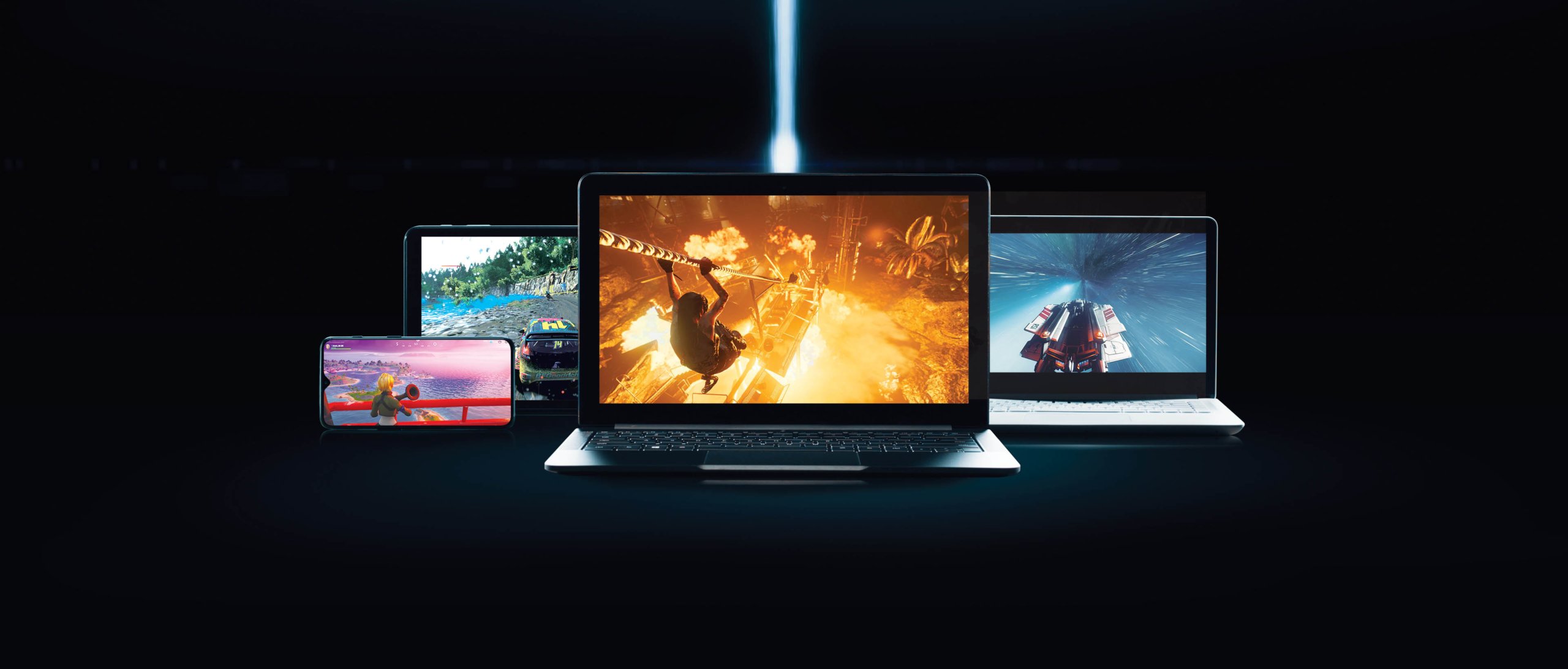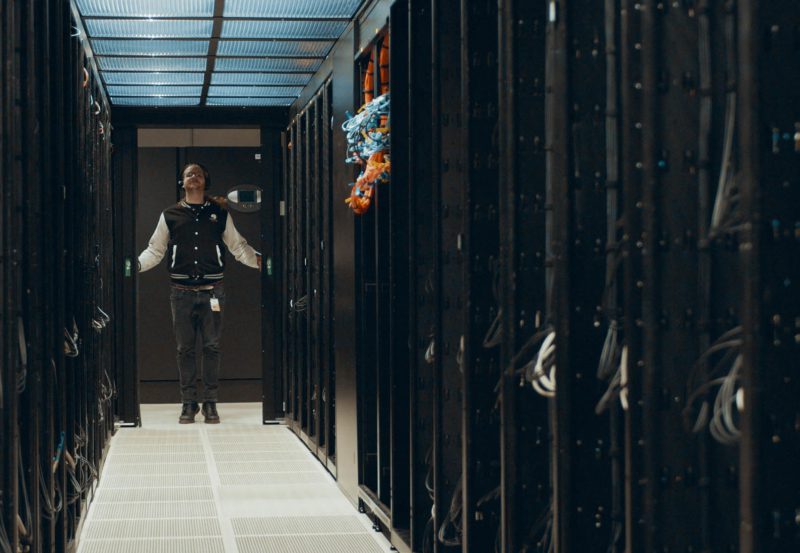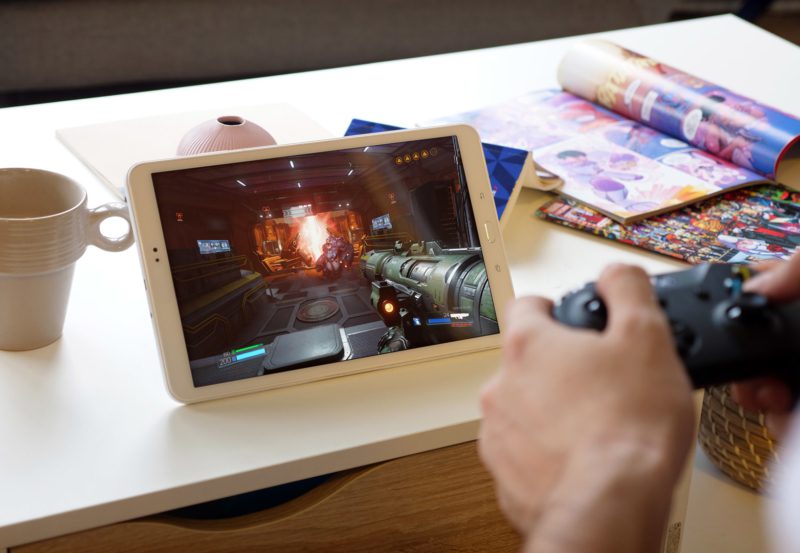Feature: Is Shadow's cloud computing future the one we're already living in?
6 min. read
Updated on
Read our disclosure page to find out how can you help MSPoweruser sustain the editorial team Read more

Despite being built on a history of rocky releases and high-profile failures, cloud gaming seems poised to take on the mainstream gaming market in 2020 – but this time with the power to succeed. Technology has moved on in leaps and bounds since the age old era of OnLive and now, with its passing, new cloud gaming services have risen from its ashes to take its place.
‘People think that cloud gaming is the future, like off in 2025, but no, I think cloud gaming is the present, like it’s today.’ Florian Giraud of Shadow told me back in December when I went to visit their London offices. Since then I’ve had some time to test out Shadow for myself and see if their claims were true, and it looks like we’re we already living in the future.
Despite the technology already provably working, this might be the first time you’re hearing of, or at least paying attention to, Shadow. Unlike Google’s Stadia – and what we’re likely to see from Microsoft’s upcoming xCloud service – Shadow doesn’t have a near infinite pool of money to market its way onto seemingly every ad block on every platform imaginable. Only those in the UK might have seen an ad for Shadow on YouTube around December, but even these were – pardon the pun – overshadowed by Stadia’s marketing efforts that dominated the advertising space.

You might expect the folks over at Shadow to be bitter about Google making Stadia synonymous with cloud gaming, but they’re actually relishing in their successes alongside them. ‘That’s cool for us, because you have a lot of attention around cloud gaming that you didn’t before,’ Giraud told me. Thanks to this push, Shadow has seen people taking cloud gaming seriously for the first time in a long time, effectively freeing the studio of the baggage of past failures ‘Before, we were kind of a bit alone in this space, but now you have all the giants with the firepower in terms of commercial teams, and the marketing budget.’
Shadow might be losing the marketing battle, but it’s not tapping out yet. The team believes in what they’ve created and told me that Shadow’s users do too. ‘In the community, like on Twitter, we have a lot of users, so they say you know what you can do on Stadia? You can do it on Shadow but better.’ Being better is what Shadow prides themselves on. For them, cloud computing is not just about gaming, but it’s about the freedom of having the power of an entire PC at your fingertips. ‘I think that the clearest advance that we have, is the freedom. It’s the absolute freedom.’
To Shadow, it’s not a question of what you’re able or even allowed to play through the cloud, as from the moment you start the client, it just works. Once people realise this, Giraud believes that the days of a gaming catalogue will be numbered as ‘if you don’t have the game that is really hype at the moment, if you don’t have the game that everything thinks is cool, your catalogue is worth zero.’

If Giraud is right, then the bubble of cloud gaming catalogues is soon to burst when gamers realise that having to compromise on what you play is no longer a requirement. However, with cloud gaming being built on such shaky foundations, people are still unsure what’s possible and may be reluctant to believe it’s as good as claimed. That’s why rather than making bold claims through direct advertising, Shadow are focusing on perhaps the pickiest demographic out there to prove that Shadow really works.
‘Two years ago, we created this product with our priority target: the gamers.’ Florian explained to me. ‘They are the ones who are the most demanding, they will see for sure if you have the tiniest latency. We thought that if we can convince gamers that playing with Shadow is the same thing as playing on your local PC, we could convince everyone to get rid of their old PC and switch to a cloud-based computer.’
If you’re already convinced, then you might be wondering what comes next for cloud computing. In the near future, things will most likely unambiguously be “better.” Improved encoding and decoding will see latency decrease, faster internet speeds and cooperation with internet service providers will allow for higher bandwidths and quality, and in-app developments will see usability and stability become concerns of the past.

While comforting, saying things are going to get generally “better” might not be the revolutionary step you were expecting, but we’re already past that point. If you wanted to throw out your PC and just stream from the cloud, then you’re already living in the future where that’s possible – so long as you wait till pre-orders for Shadow Boost get delivered in April.
It’s a lot more interesting then, when we look at the slightly more distant, but thrillingly real, future that’s on the horizon. If cloud computing is widely adopted, then we could be looking at thinner and lighter form factors of phones, laptops, and even VR headsets that only need batteries, a screen, and an internet connection to have all the computing power that’s ever needed.
Shadow believes that computing as we know it is all about to change: that cloud computing is so powerful that we’ll eventually look back on desktops and bulky laptops as foreign objects. ‘This is where we think we are all headed, of course it’s a long term, often you will say that bringing your laptop into a meeting like here, tomorrow it will be like today if you brought your own chair. It makes no sense.’
With the increasing fallacy of Google Stadia becoming more and more apparent, cloud computing requires true merit: like Shadow. With Project xCloud, GeForce Now, PlayStation Now and more battling for pure game streaming, it’s time for success with a little more practicality.









User forum
0 messages